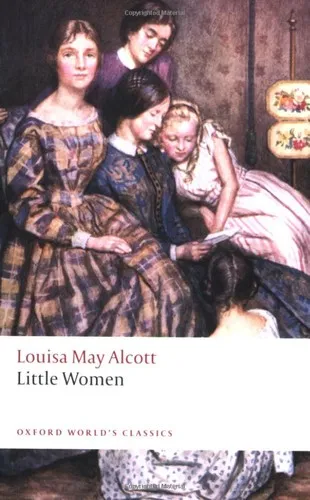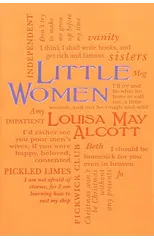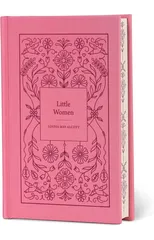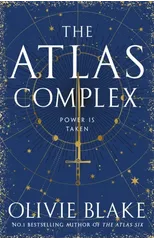Little Women has remained enduringly popular since its publication in 1868, becoming the inspiration for a whole genre of family stories. Set in a small New England community, it tells of the March family: Marmee looks after her four daughters in the absence of her husband, who is serving as an army chaplain in the Civil War, and Meg, Jo, Beth, and Amy experience domestic trials and triumphs as they attempt to supplement the family's small income. In the second part of the novel (sometimes known as Good Wives) the girls grow up and fall in love. The novel is highly autobiographical, and in Jo's character Alcott portrays a strong-minded and independent woman, determined to control her own destiny. The introduction to this edition provides a fascinating history of the Alcotts, and of Louisa Alcott's own struggles as a writer.
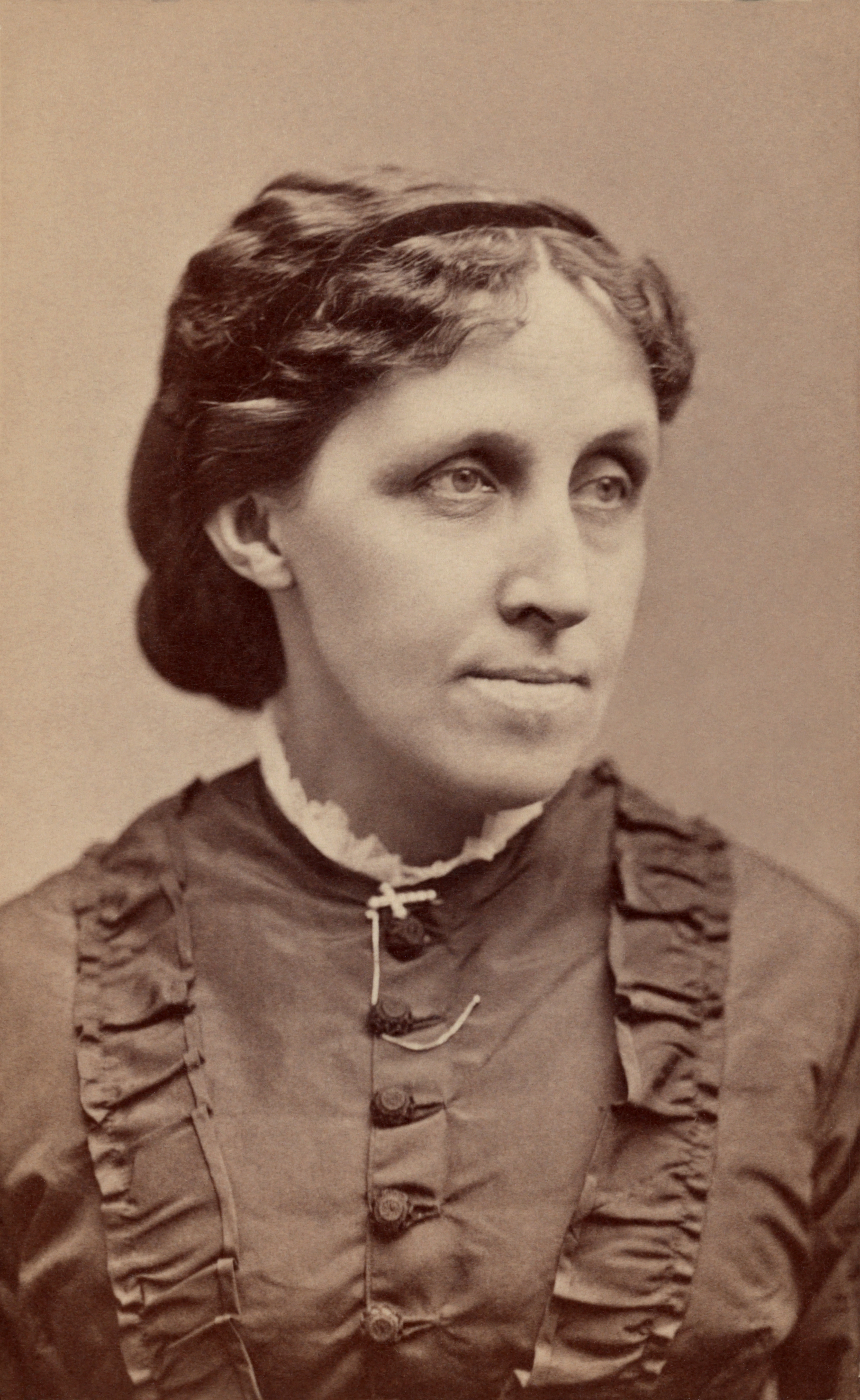
Louisa May Alcott
Louisa May Alcott November 29, 1832 – March 6, 1888) was a celebrated American novelist, poet, and short story writer, widely recognized for her novel Little Women (1868) and its sequels Good Wives (1869), Little Men (1871), and Jo's Boys (1886). Raised in New England by her parents, Abigail May and Amos Bronson Alcott, who were prominent transcendentalists, she grew up surrounded by some of the era's most influential thinkers, including Margaret Fuller, Ralph Waldo Emerson, Nathaniel Hawthorne, and Henry David Thoreau. Encouraged by her family, Louisa began her writing journey at a young age.
